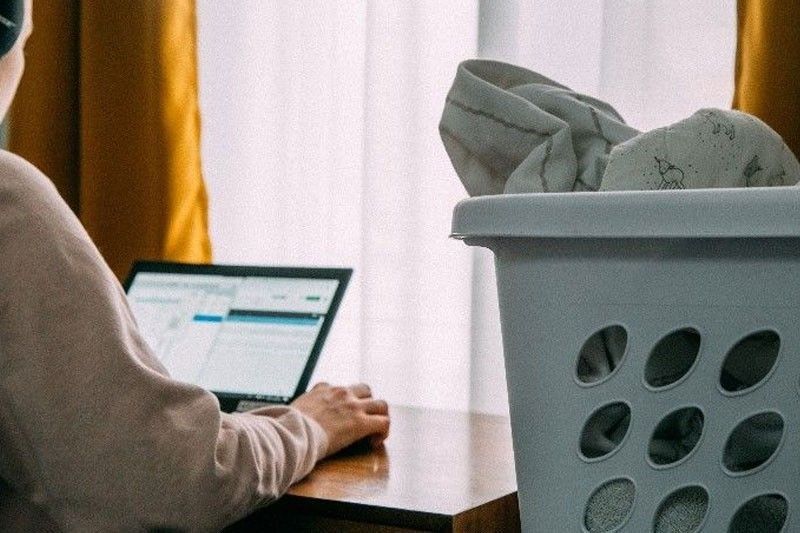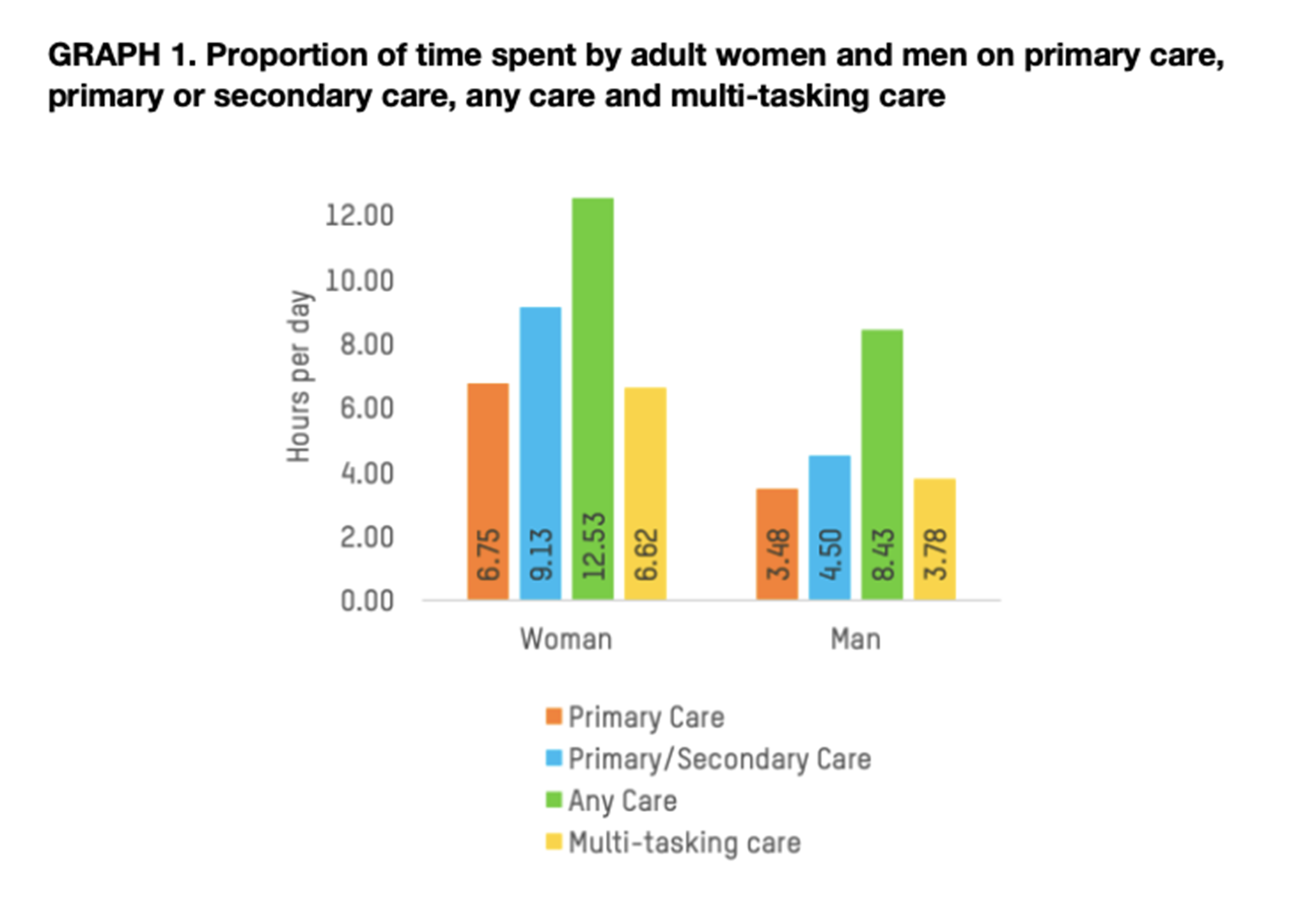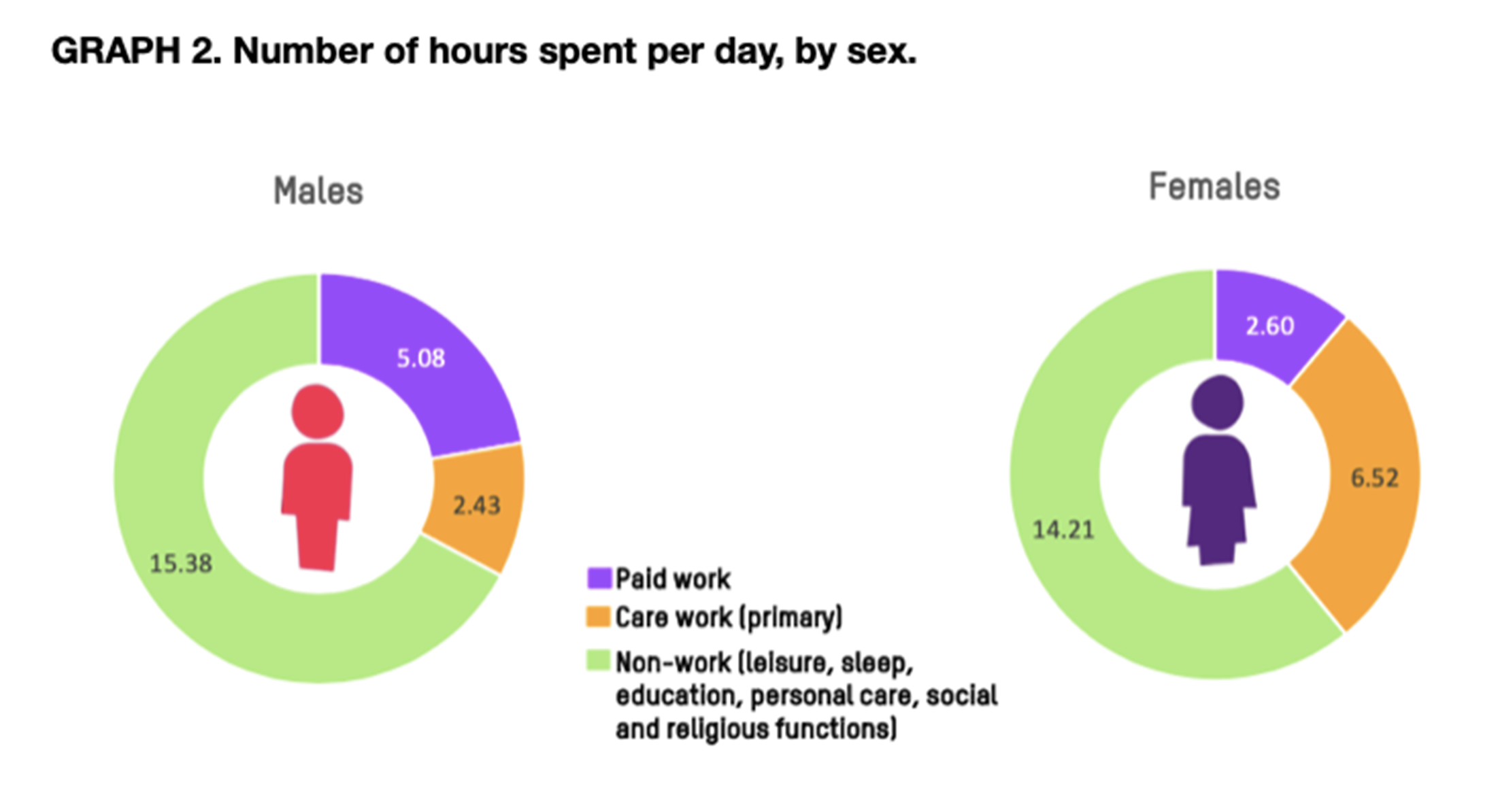Filipino women still with more care work than men amid COVID-19 — poll

MANILA, Philippines — Filipino women found themselves still with more hours in care work than men during the coronavirus pandemic, a poll has suggested.
Findings by Oxfam Philippines showed that women spent up to 13 hours doing unpaid work caring for others against only eight hours for men.
The said survey ran from January to March this year. It had 1,177 respondents from randomly sampled households in Cagayan, Metro Manila, Masbate, Eastern Samar, Cebu, Maguindanao, North Cotabato and Sultan Kudarat.
Oxfam, a humanitarian organization, noted that hours had increased for both women and men compared with its poll in 2017, or 12 hours for the former and five hours for the latter.
While the two surveys' coverage is not the same, Oxfam said it was already expected for men to have more time doing care work as many were forced to stay home due to COVID-19 curbs and even work remotely.

“However, it is disappointing that there is still inequality at home and that the bulk of unpaid care work still falls on women," said Leah Payud, resilience portfolio manager.
The group stressed that private companies should improve their workplace policies such as increasing parental leaves as well as providing flexible work and employer-supporter childcare.
Over half the time women spent on care work, or seven out of 13 hours, involve multi-tasking, or juggling at least two activities at the same time, Oxfam said.
It further noted that they spend 6.5 hours on average a day on care work as primary activity, such as fetching water, doing the laundry, or tending to sick family members. That's compared with the 2.43 hours men spent doing the same activity.

"We're hoping that more men, especially those from the younger generations, would start to take on care work and challenge social norms," Payud said.
She added the need for the country to have institutional changes to support its care economy, such as through legislation or policies.
Payud said this could improve care-related services such as on water systems, health care delivery, and day care services "that will result in the redistribution of care tasks and recognition of the importance of care work for both men and women." — Christian Deiparine
- Latest
- Trending






























